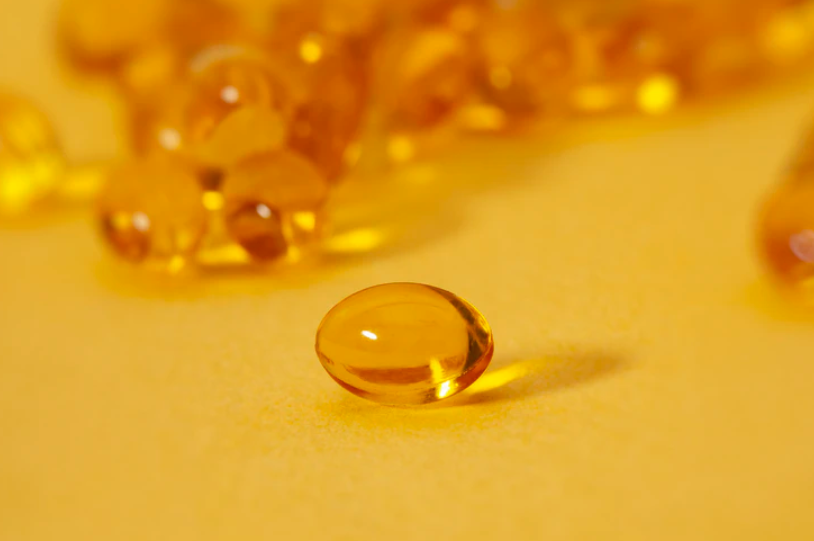
Vitamin D is known for its essential role in human health but now medical experts are studying the ways it can help slow the spread of COVID-19.
Multiple studies have been conducted to examine the vitamin D level in COVID-19 patients and the impact it has on disease severity.
One study in the journal Nature states, “The fatality rate was high in vitamin D deficient (21% vs 3.1%). Vitamin D level is markedly low in severe COVID-19 patients. Inflammatory response is high in vitamin D deficient COVID-19 patients. This all translates into increased mortality in vitamin D deficient COVID-19 patients.”
Researchers in Roma, Texas administered vitamin D tests to city employees and discovered that 95 percent of adults working there had extremely low levels of vitamin D, KRGV-News reports.
“Because they are dangerously low, they place everyone around them at higher risk of catching COVID-19 from them,” said Roma family Dr. Raymond Mussett. “This is something we can correct for literally pennies a day with a supplement you can buy at the grocery store or on the internet.”
“Everyone 15-years-old and above and all children who are one hundred pounds or greater – we recommend 30,000 units per day of vitamin D3 for 14 days,” Dr. Mussett added. Be sure to consult your own physician before taking high dosages of any supplement.
According to KRGV, the lowest vitamin D levels are typically found in Hispanics, African-Americans, and people with underlying medical conditions.
Last September, a Boston University doctor said an ample amount of vitamin D can reduce the risk of contracting coronavirus by 54 percent.
The Boston Herald reported that Dr. Michael Holick, professor of medicine, physiology, and biophysics at Boston University School of Medicine, and his colleagues studied blood samples from more than 190,000 Americans in all 50 states.
The findings revealed that those with low levels of vitamin D had a 54 percent higher risk of testing positive for COVID versus those with sufficient levels of vitamin D in their blood.
“People have been looking for the magic drug or waiting for the vaccine and not looking for something this simple,” explained Dr. Holick. “The higher your vitamin D status, lower was your risk.”
And Holick reiterated that vitamin D-deficiency can be corrected with sunshine and supplemental pills.
“It’s considered to be, by many, the nutrient of the decade,” Holick added. “Vitamin D definitely improves your overall immunity to fight infections.”
Medical conditions like hypertension, diabetes, and obesity are closely linked to low vitamin D levels, said Dr. Hans Konrad Biesalski, a professor at the University of Hohenheim who has assessed vitamin D and COVID-19.
“It looks like patients with a poor vitamin D status may have more severe COVID-19,” he told Healthline.
Dr. Holick organized an additional study where he found that COVID-19 patients with suitable vitamin D levels had a 51.5 percent lower risk of dying from the disease, along with a substantially reduced risk for complications.
“Very low vitamin D status has lots of negative consequences and this could be the case for COVID-19, but that’s not the same as saying that routine vitamin D supplementation will prevent severe infection,” Holick told Healthline.
STAY UP TO DATE WITH THE FREE CBN NEWS APP
Click Here Get the App with Special Alerts on Breaking News and Top Stories
The remainder of this article is available in its entirety at CBN

